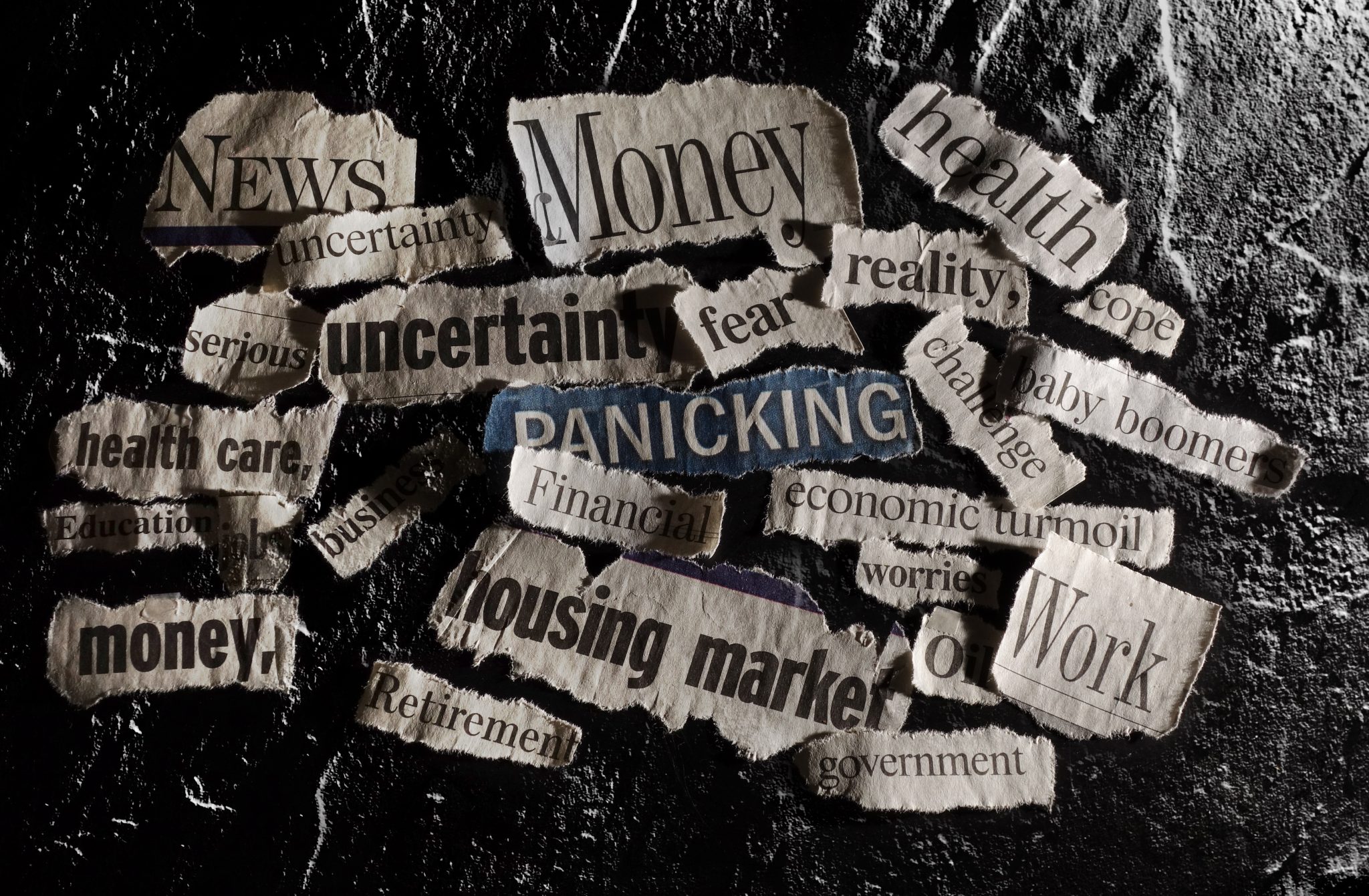Yang, George Yong, Wu, Donghui
Featured Faculty

Yang, George Yong
Professor
Director, School of Accountancy
Outstanding Fellow of the Faculty of Business Administration
Featured Faculty

Wu, Donghui
Professor
Director, Centre for Institutions and Governance
Director, Executive Master of Professional Accountancy Programme
More in ...
When analyst bias becomes fund manager blind spots
Stock patterns hint at valuable clues for options traders
Enhancing consumer trust in sponsored ads
Can Guanxi Help Analysts to Uncover Bad News?
• 3 mins read
Sell-side financial analysts play a crucial role in discovering and disseminating bad news about firms, not least because managers have a proclivity to keep unfavourable news about their firms under wraps.
How do analysts acquire bad news? Upon obtaining such information, how do they convey it and what else do they do? Do social ties have a role to play in the process? These questions are especially relevant in emerging markets, where public disclosures are insufficient, and efficiency in revealing and conveying bad news is often hampered by the prevalence of relationship-based transactions.
“We found that analysts with social ties to firm management have earlier access to bad news than unconnected analysts. After acquiring the negative information, connected analysts tend to share it with their clients privately while remaining silent in public.”
Prof. George Yang
We sought to answer the questions in the study To Talk or Not to Talk: When Analysts with Social Ties to Firm Managers Acquire Bad News. We focused on China, an emerging market where guanxi-based transactions are common, and used a sample of financial misconduct cases that involved fraudulent annual reporting in 2006 to 2017.

We found that analysts with social ties to firm management have earlier access to bad news than unconnected analysts. After acquiring the negative information, connected analysts tend to share it with their clients privately while remaining silent in public. Immediately after a fraud firm files its first annual report that contains fraudulent information, a connected analyst is significantly more likely to drop coverage of the firm than their unconnected peers, while mutual funds with a trading commission relationship with connected analysts are also more likely to unload their holdings of the fraud firm. All this implies guanxi is an important channel through which analysts uncover bad news.
There are several factors that increase the likelihood of connected analysts dropping coverage of fraud firms. First, when a firm is more important to a connected analyst’s client funds, the analyst will have more incentive to learn about the firm, and if the firm commits fraud, the analyst is therefore more likely to sense the problem and drop coverage. Second, analysts with guanxi ties with managers from multiple firms are more likely to drop coverage, as it is less costly for them to do so than for analysts who have connections with only one firm. In addition, when there is more monitoring from the media or more competition from other analysts with guanxi ties, a connected analyst is more likely to terminate coverage of a fraud firm, knowing that there may be other people who know about the firm’s misdeeds.
These findings shed new light on analysts’ acquisition and dissemination of bad news, in that we show that guanxi facilitates analysts’ early access to bad news, and that connected analysts tend to convey bad news to their clients privately while remaining silent in public.
While connected sell-side analysts presumably play an important role in enhancing transparency and monitor the behaviours of management, regulators and practitioners should be aware of the flip side, which is that if connected analysts have privileged access to negative information on problematic firms and choose to convey the information privately to selected parties, investors’ confidence in market regulation and market efficiency may be undermined and market growth hindered.
To find out more about a specific topic, click on the links below to navigate to the relevant chapter:
INTRODUCTION – Where Guanxi Matters: The Modern Chinese Financial Sector
PART I – The Influence of Guanxi on the Fund Manager-Analyst Relationship
PART II – Does Guanxi Affect the IPO Process in China?
PART III – Guanxi and Auditing
PART IV – Can Guanxi Help Analysts to Uncover Bad News?
CONCLUSION – How to Counter Negative Effects of Guanxi Ties in Financial Sector?







